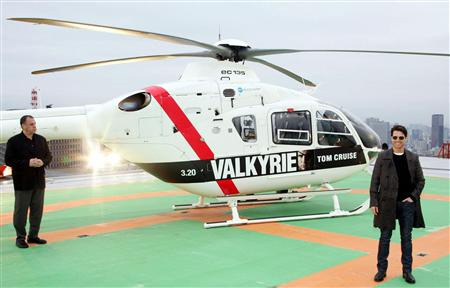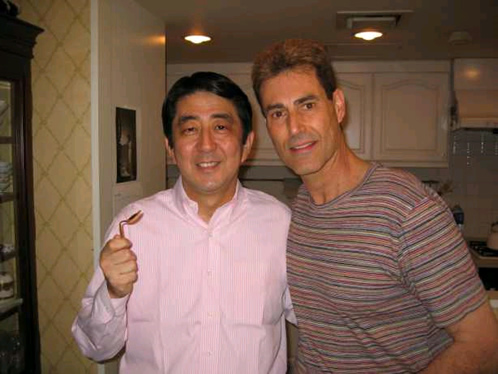Reading this FT article makes it sound as if NK is acting seriously belligerent:
North Korea on Monday cut its military hotline to Seoul and put its million-man army at battle stations, ratcheting up tensions as South Korean and US troops began war games that Pyongyang warned could spark open conflict.
UN forces last week tried to counter North Korean claims that the exercises were a smokescreen for an invasion by promising to keep the hotline open, giving Pyongyang advance warning of anything that could cause a misunderstanding.
North Korea’s official KCNA news agency quoted an army spokesman as saying: “It is nonsensical to maintain the normal channels of communication when the South Korean puppets are in a frenzy about these military exercises, levelling their guns at fellow countrymen in league with foreign forces.”
Severing military communications had an immediate effect on workers trying to reach South Korea’s investment zone at Kaesong in North Korea. Some 726 South Koreans could not reach their factories in Kaesong on Monday because all crossings require clearance on the military hotline.
The communist state also warned that any attempt to shoot down a rocket it plans to launch soon would be an act of war. Pyongyang argues it is simply planning to blast a satellite into space whereas spies insist this is a ruse for testing the Taepodong-2 long-range missile, which could hit Alaska.
South Korea said it deeply regretted North Korea’s moves and sought the immediate resumption of traffic to and from Kaesong.
“As we have mentioned several times, the US-South Korean exercises are defensive in nature and are part of annual training,” said Kim Ho-nyoun, spokesman for the unification ministry.
Even by its own standards, Pyongyang’s rhetoric has been exceptionally bellicose during recent months.
The reclusive state has torn up its non-aggression pacts with the South, vowed not to recognise a tense maritime border and last week said it could not guarantee the safety of South Korean passenger aircraft in its airspace. Kim Jong-il, North Korea’s dictator, is furious that Lee Myung-bak, South Korea’s conservative president, has not courted him in the manner of previous leftwing administrations and has made vital aid to the North contingent on progress in talks about dismantling Pyongyang’s atomic work. Although it tested its first nuclear device in 2006, most military experts do not believe Pyongyang has mastered the technology required to fit a warhead on a missile.
On the home front, Kim Jong-il was, as expected, returned to his country’s most powerful body, the Supreme People’s Assembly, with a vote of 100 per cent in Sunday’s elections. Although that result was a foregone conclusion, analysts are eager to see whether one of his sons has also gained a seat. That would be the clearest sign yet that Mr Kim is grooming a successor, following intelligence reports he suffered a stroke last year.
All very troubling!



